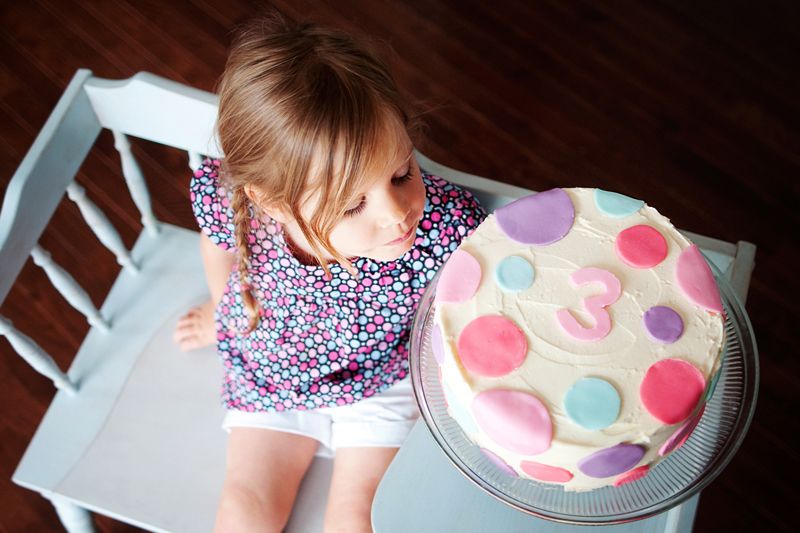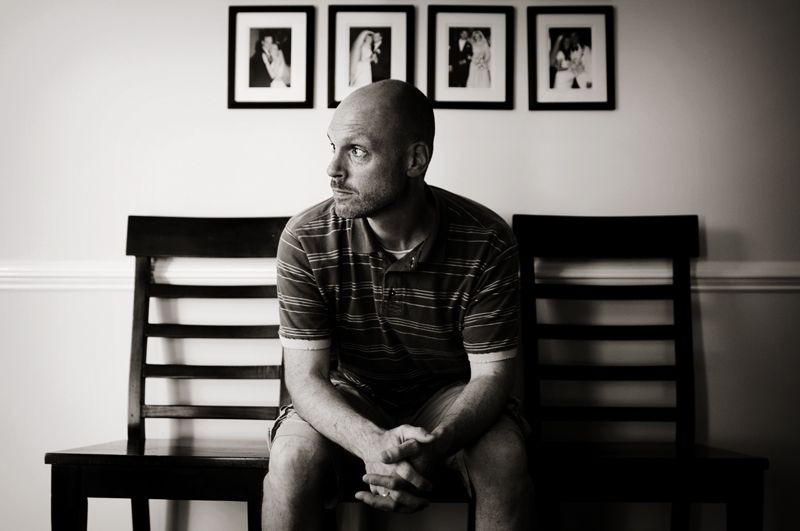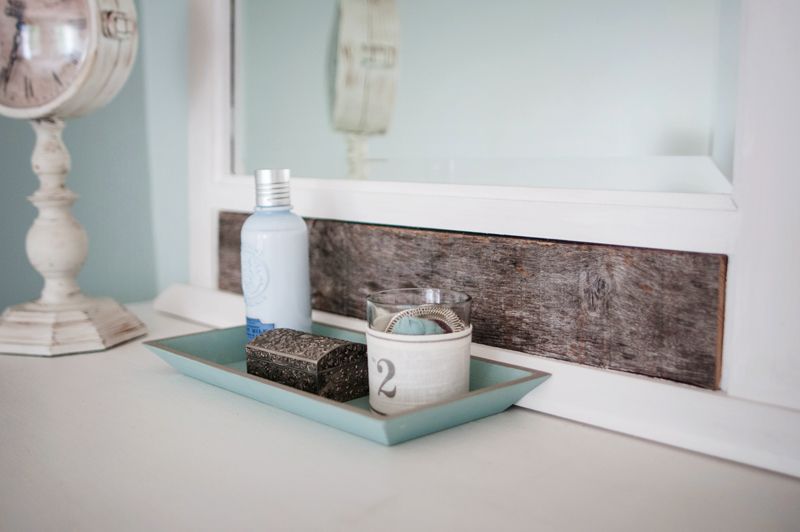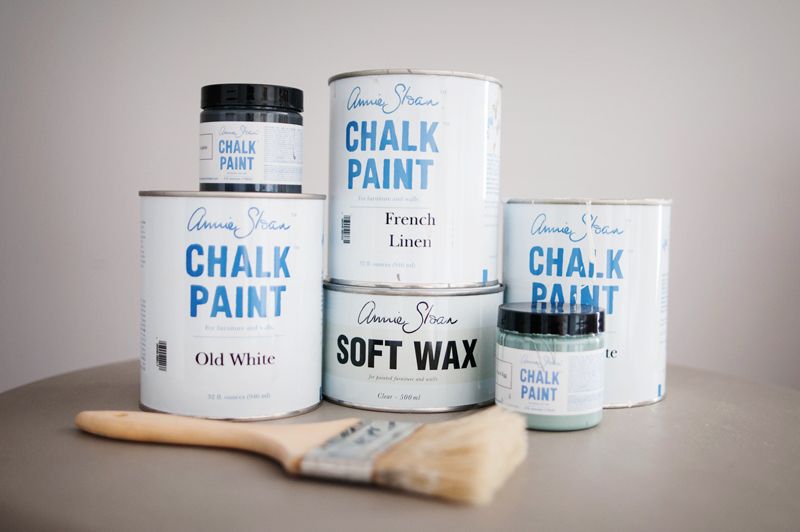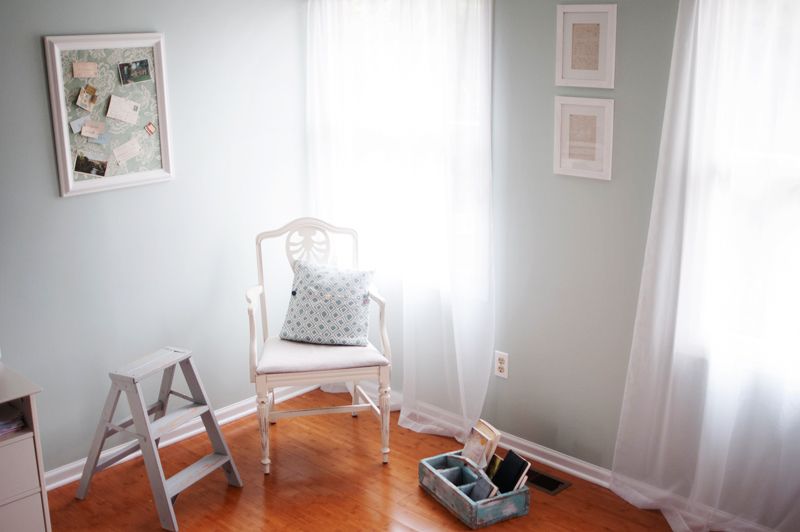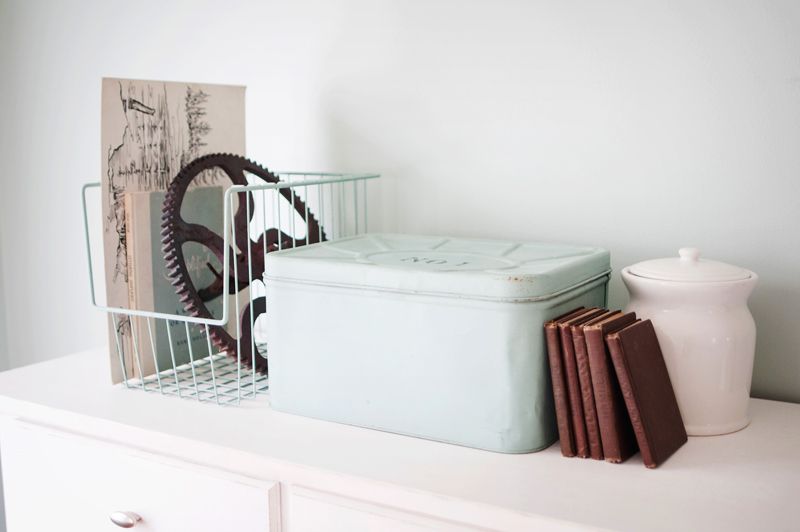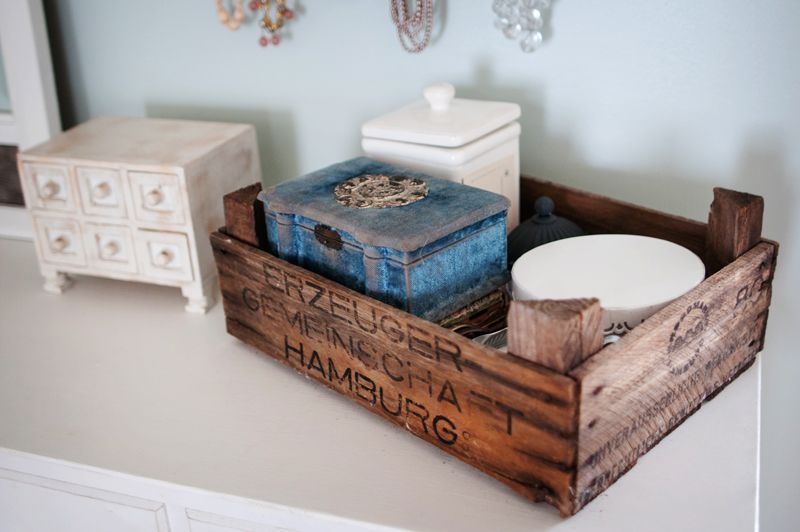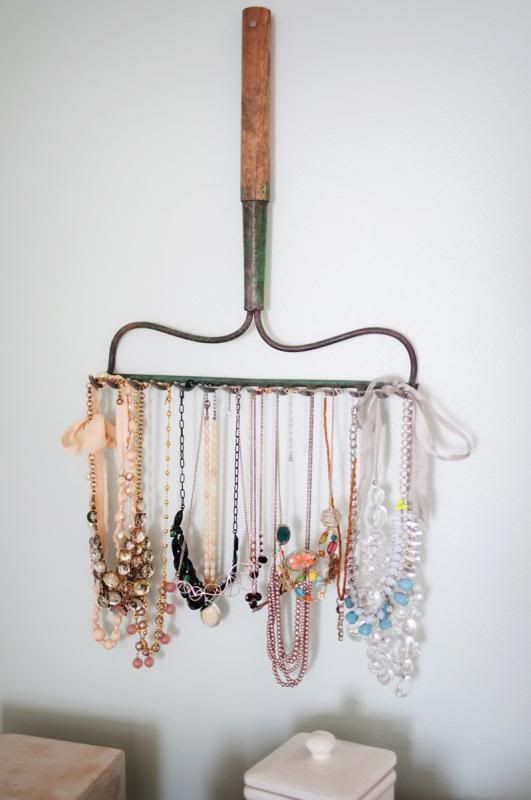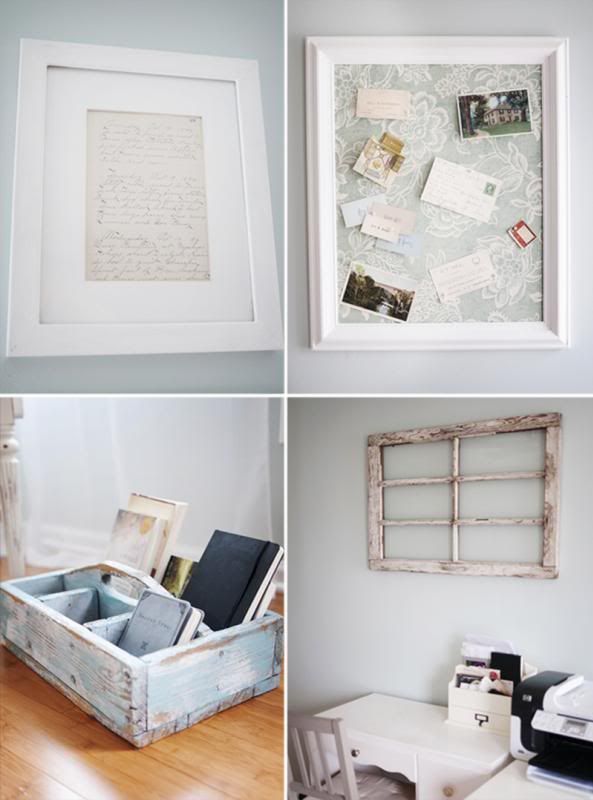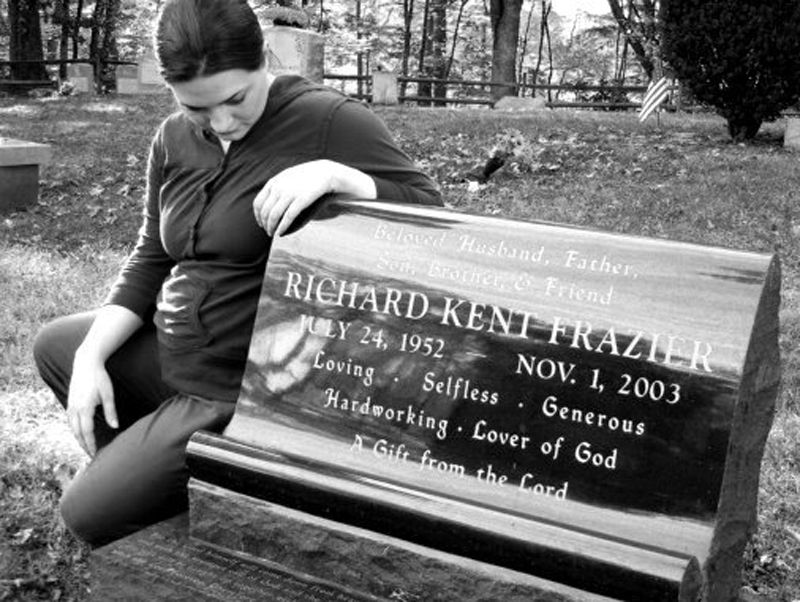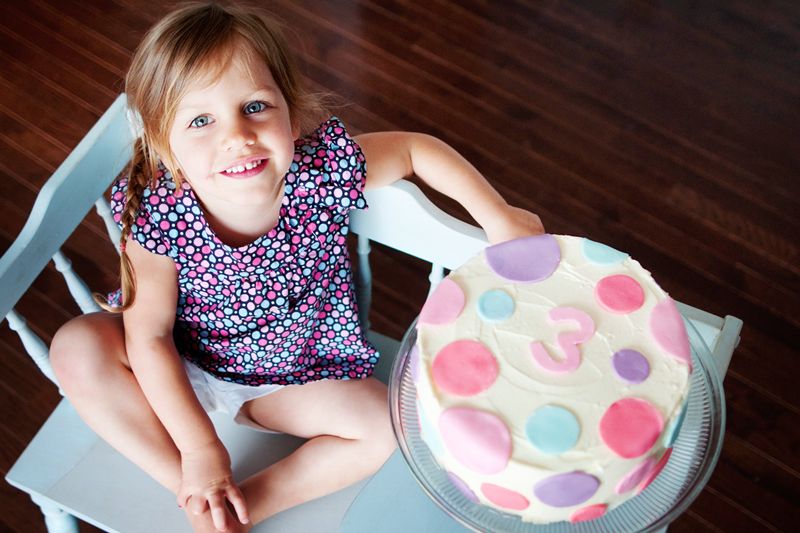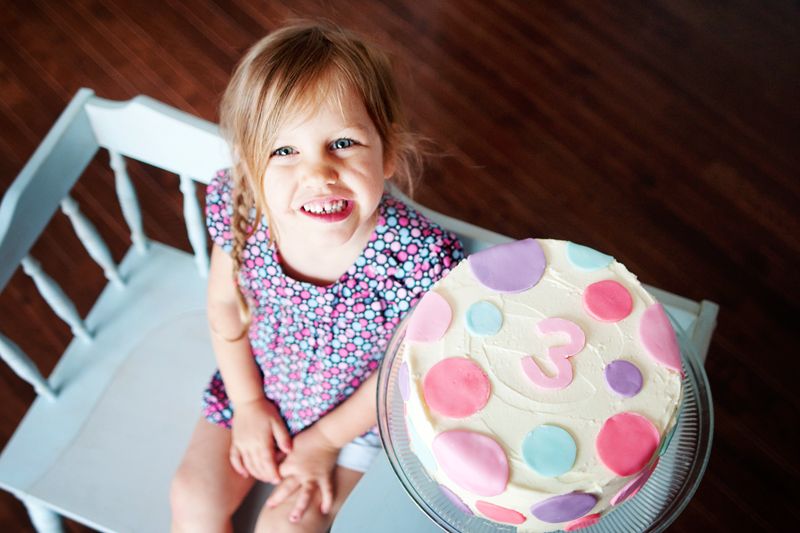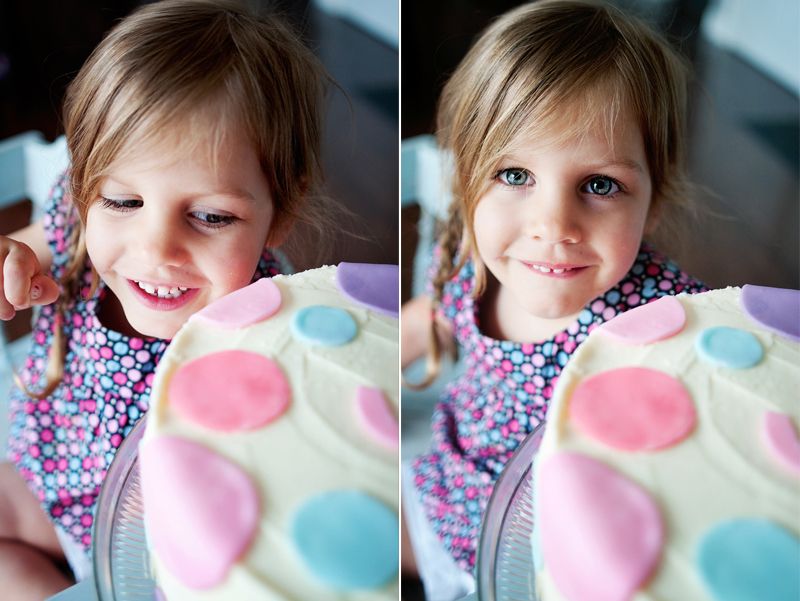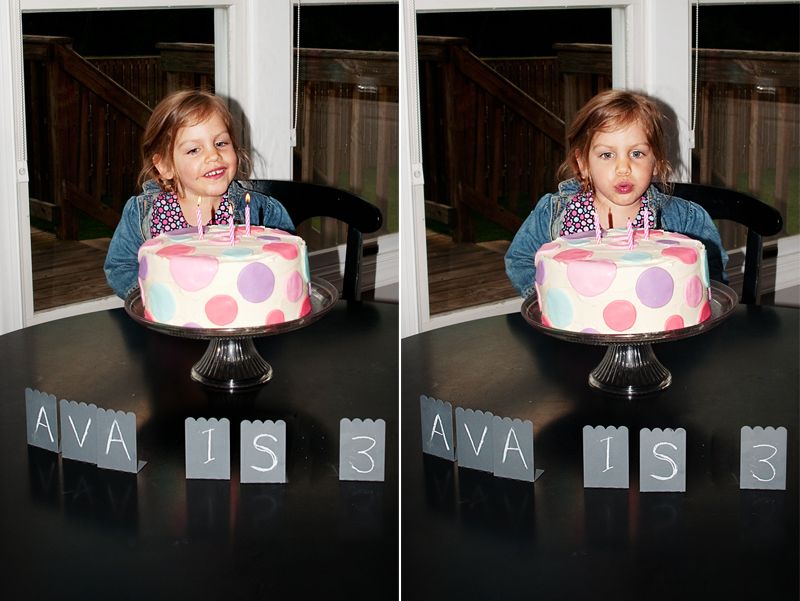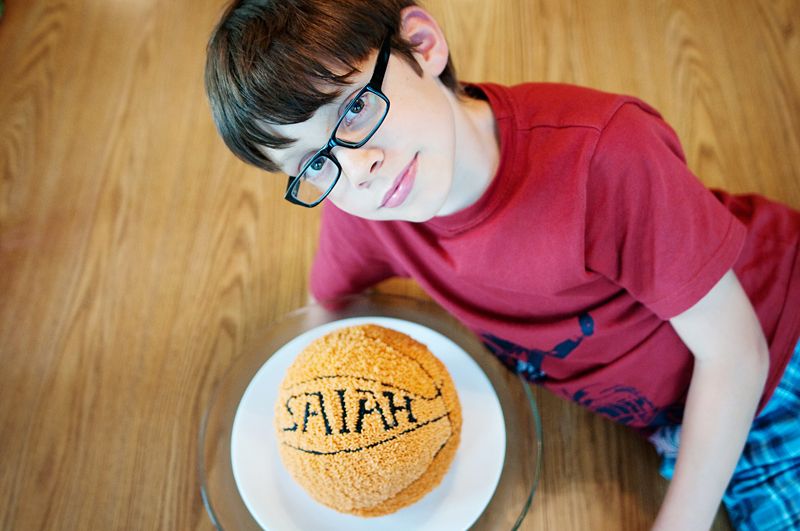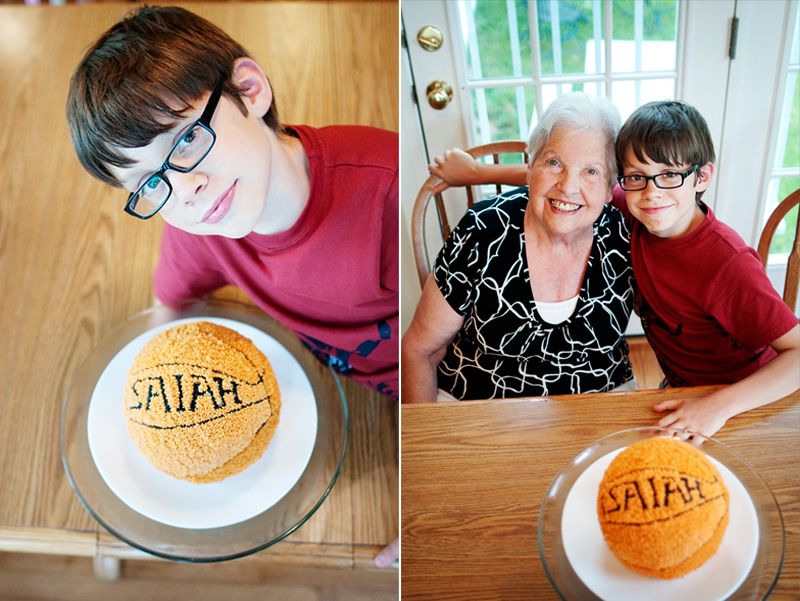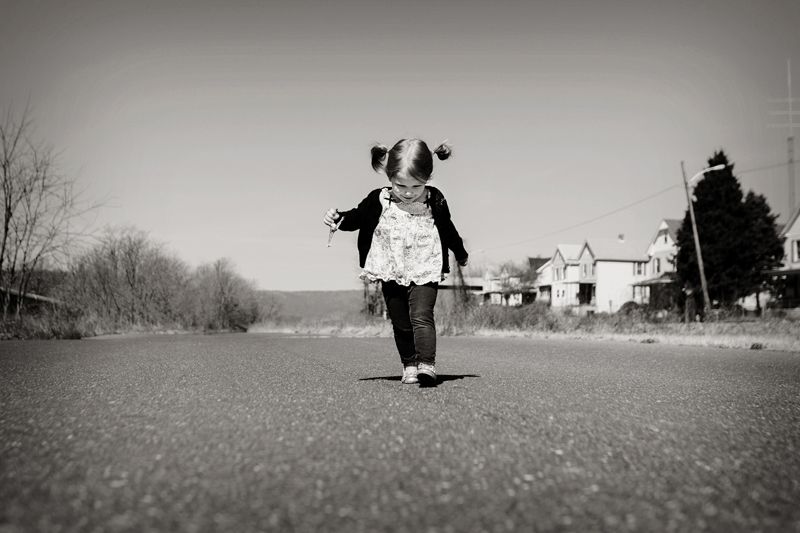For the first two decades of my life, I thought I was from a typical Christian family. But terror was planted in my gut at two years old, and fear was used to control me throughout the rest of my childhood. Fear of my mom being killed. Fear of my mom killing herself. Fear of my brothers being beat beyond repair. Fear of the silence. Fear of being "in trouble" myself. Fear of unknowingly breaking a rule. Fear of losing my salvation. I don't ever remember one day of feeling light, free, or childlike. I remember feeling heavy, frightened, exhausted, and very very alone. Each time fear consumed me to the point of overwhelmment, I prayed that God would literally erase that memory from my mind, for it was more than I could bear. He did. All that trauma, terror, rejection, and pain got boxed up, and I thought, put away forever. During that time, I was taught that forgiveness was being able to not emotionally react to hurt, and also never bringing up what happened again for eternity. And so I took turmoil and trauma inside and didn't allow it to effect my countenance, and I buried each hurt without ever voicing the enormity of it. I stopped feeling. I simply coped. And I thought that all Christian families operated like that.
It is a modern miracle I still like Jesus. Because His Name was used to control and manipulate us, and His Words were used to be some twisted bandage to our wounds. I remember being told to go to my room and "get right with God" because my standing with him was "on the rocks". Because I moved a pair of shoes. I was told that my intentions were always selfish, flawed, and corrupt. I was told that I was not capable of friendship, that I was a deep disappointment. And I believed them to my core.
I blocked out so much of those first two decades, but I do recall a few ways that God wove glimpses of His True Nature into my life. I remember two teachers who were veritable sanctuaries to me. I literally did not want to go home after school. I would have camped out in their classrooms for the love and acceptance and soft-shoulder they offered. I felt so safe with them. God also saved me through nature. I remember being surrounded by high hills draped in knee-high green grasses, and tromping through daisy fields, and knowing God was there, calling to me, and showing me a small piece of His vast goodness. And I remember being so alone and so disenchanted by surface-y Christians that I gave up on all youth groups and Bible studies and just did life alone. God was my sole best friend, and although I didn't know the faintest facet of the freedom He offered yet, I did know that His company was richer than any others.
How can you help a child who is so desperate for acceptance, love and safety? Sit by her. Offer your home for dinner or a weekend of normalcy. Feed her with scripture. See the good in her, and speak of and to it.
But God blew my world wide open when I went away to college. I saw other families that were gentle, tender-hearted, non-judgmental, gracious, and loving toward each other. I met others my age who didn't live life in tension and fear and unpredictability. Who weren't wound up tight in dysfunctional relationships. Who weren't carrying adult-sized burdens on child-sized hearts. And they were still Christians. Ever so slowly, the Lord began to unwind this lie that being a Christian mean fearfully following rules, presenting a perfect exterior, a life of carrying crushing weight, and never knowing when the rug of your salvation was about to be pulled out from under you.
Fast-forward to my 20's and 30's ...
I was growing in knowledge. I was married. Physically safe. Separate. It was this promised land I had panted for my whole life. But the emotional trauma had just begun. It was like I lived my entire childhood in "fight or flight" survival mode on pure adrenaline. When the promised land was set before me, and everything was seemingly peaceful and safe, I didn't know how to operate. My body caught up. I began having panic attacks. Chest pains would send me to the hospital, thinking I was having a heart attack. I would lay on heating pads and pray that the muscles that pulled my lungs tight would loosen. I began having night terrors, waking up defeated, exhausted, grieving, heart either racing or broken. All of those hundreds of moments I blocked out and wished to be erased were buried deep and now rising to the surface.
How can you love an adult in that dark, desperate, confused, exhausted, bewildered, grieving place that follows a broken childhood, so many broken relationships, and a broken picture of God?
1) Understand that it is called Post Traumatic Stress Disorder because the real trauma occurs in the aftermath ... Being struck and verbally slayed hurt in the moment, but the real pain comes when you begin wondering why you weren't worth sticking up for, questioning why you were made to feel like such a burden to your family, and trying to piece together how what they spoke of you doesn't feel like who you are, or is it who you are?
2) Give us permission to grieve ... and maybe do it with us. Just when the weight of these ugly, life-draining relationships with my parents were literally sucking me dry, God intervened. Two couples - my parents' age - stepped into our lives. Not with "honor your mother and father" words of judgement, but with "honor them ... that your days may be prolonged in the land which the Lord your God gives you" that helped us realize that there was no life, much less prolonged life, much less abundant life, trapped in this sick cycle of still trying to "honor" unpleaseable, unsafe, unhealthy, unpredictable parents. This dear couple woke at sunrise to pray with us, came over after dark to pray for us, skipped chemo treatments to cry with us, and most importantly, gave us a real picture of a gentle-man loving a tender-woman as Christ endears His Bride. They showed us what healthy fighting looked like, what healthy loving looked like, and how God can restore a beat-down spirit to the point of feeling free to laugh and feel again. They adopted us in every sense of the word, and so monumentally, pro-actively, and beautifully painted us a fresh picture of Christian family, working in harmony and gracefulness - not just publicly, but also behind closed doors. But perhaps most importantly, they wept for us. They validated our pain. Their eyes filled large with tears as we confided in them. They spoke Jesus' name over us again and again. I saw Jesus' tender compassion for me in their faces. I had never ever known anyone to see into my pain that way. That alone was so healing. They never chanted "He will never give you a burden bigger than you can bear," but breathed words of life into us. Validated our journey. Offered permission to grieve in the valley, and gave their soft shoulders to weep on. That was Jesus-love like I had never seen it before.
3) Realize that God's classrooms happen in many places. What didn't help was "You can do it!" Scripture-quoting. Because you don't feel like you can do it, and you don't know how to do it, and sometimes, Jesus' timing isn't ready for you to do it. We learn wonderful things in the valleys. We see Jesus' face so clearly in valleys. Valleys are not always to be rushed through. They are dark, long, seemingly-endless, and sometimes that's ok. Come have coffee with me in the valley. Regard it as just as holy ground as the mountaintop you are on. Ask me to guest-blog about my journey (thanks, Alyssa) and trust that, though the surrounding scenery may look different, sanctification can also happen in that desert-place.
4) Probe gently. It also was difficult to answer questions. After two decades of silence, when my body began to break down and leak some of the pain out, well-meaning friends and family would press for details, trying to understand themselves how this on-the-outside perfect family could have instead been something so very different. I had blocked out so much, and being forced to recall and wade through and piece together those years and those instances was so vastly painful. God drew it out as I was ready, and being asked to recall things through the years before I was ready to process them usually sent me into a tailspin.
5) Realize that sometimes forgiveness doesn't necessarily negate righteous anger. After being taught that forgiveness meant being hurt by someone and not showing even a hint of it in your countenance, not even flinching or wincing, and never speaking of it again ... I had a difficult time with forgiveness. In effect, I had over-forgiven my parents to the point of dysfunction and enablement at times. Having someone hear part of your story, and encourage you to "forgive" is just not helpful at all. You wouldn't walk into a crime scene in progress, and "encourage" someone who is being slowly murdered to step out in forgiveness because that is biblical, otherwise they will drown in anger. I had been taught the opposite. Never to stand up for myself. To just take pain, believe I deserved it, and move on. So having some righteous anger at outright injustice, misuse of God's name, and the cloaking the gospel in Outright Lies --- learning it is ok to be indignant about that has been part of my healing journey. I truly believe that if I had mindlessly forgiven as some told me to, it would have been ingenuine and shallow forgiveness. Instead, I was able to fully grasp the breadth of the damage done, fully feel the pain from it, and still choose to hand it over to the Lord, release that person from ever having to see what they had done to me, instead allowing the Lord's compassion for my ruins be my healing balm, and choosing to pray Godly blessings over their life and future instead. That is a whole-hearted forgiveness He has taught me, and one that I daily have to practice. You simply can't understand how huge forgiveness is until you get how much you are willfully choosing to hand over.
6) Practically love me. I know it sounds funny, but I was more overwhelmed, more desperate, more exhausted, and more needy when I was going through some of the toxic aftermath of these relationships than I ever was when I was sick, had a new baby, recovering from surgery, etc... A meal sent over would have brought me to my knees. Emotional pain was downright debilitating at times.
7) Don't pass on pithy quotes. "Depression is just hatred turned inward." A well meaning family member once told me this. It broke my heart. Instantly, I felt judged. I wasn't experiencing an inch of anger in that season, just pure all-encompassing grief. I felt so mis-understood. I tried so hard to reel-in any evidence of my state of soul to the outside world. In that dark, dark season where I was always exhausted, underslept and puffy-eyed, know that I was puffy-eyed not from crying for myself all day, but from being slain on my belly on the ground crying out "How long, Oh Lord?!" to the only One I knew to call on. I didn't hate them, I loved them and longed for love from them. I wasn't angry, I was alone. When you are tempted to label depression a disease of the soul, know that I stand in agreement with you - for the most part. But there is also a physical element. After twenty-two years of just coping and surviving and trying ... I had nothing left to give. Not one ounce of gumption or coping or trying or moving forward. It was like my body was filled with resources to stand up to life's drama at birth, and not only did I tap every single one of those before age five, I had over-withdrawn to the point of beyond empty. I couldn't cope with big things, much less little things. I spent years like this. Everything was overwhelming. Often, I didn't even have it within me to pray for myself. I remember my lips having so little energy to form words, that I would just fall flat down and weep, knowing that the Holy Spirit was groaning and interceeding on my behalf. Tell that to someone who is experiencing depression of the soul or mind. That the Holy Spirit is groaning on behalf of their broken body because they are so dearly beloved. That is healing. After nearly a decade of feeling judged over having this exhausting state of mind and soul, God breathed new life into me. But it wasn't until I had become so familiar with His face in that dark valley that I stopped wishing and praying that it would end. I began not caring if I walked a slow crawl forever - as long as His voice was pressed to my ears and His face continued to be in sight. He freed me from the guilt of depression by reminding me that David was an all-over-the-map weeping poet, terrified of enemies, exhausted from life, and as he screamed heaven-ward til his throat was raw for God to see, save, and spare him, God shouted back that grief-stricken-valley-dwelling David was "a man after His own heart." God's grace can come in the form of a change in circumstances, His intense nearness, a 300mg pill, a truth-speaking therapist, and everything in between. Don't limit God's grace, and remember that He called weeping Shepard-King nutcases friends of His Heart. And from that emotions-all-over-the-map bloodline, His Son was born.
8) Understand triggers. Sometimes they are words, sounds, places, or even people. They can be ordinary and neutral things - water, a smell, or phrase - that are powerful enough to thrust you back to that place of entrapment and terror. But praise Jesus for each trigger He allows to be exposed, so He can graciously deal with each one, and reveal the origin and show His presence even there. But PTSD triggers are real and cause breathless panic, dagger-through-your-heart grief, and surging-through-your-veins terror. For me, they are mostly places. Houses, rooms, even states. But as the Lord allowed my heart to become less hardened and more sensitive ... as He allowed me to feel again ... even little things would trigger me. I couldn't watch tv or read the news. Anything even remotely anxiety-provoking threw me into a tailspin. It was embarrassing. I felt like such a wimp. Yet God was softening my heart. He began to re-associate these painful moments with where-He-was-in-that-place. Some of my most severe triggers and places of trauma have become beautiful redeemed memories, because now I see where He was hovering, saving, protecting, and waiting for me instead. I know there are probably many more painful places that will be triggered to remembrance in the years to come, but I am also so lucky to have friends that recognize when withdrawing or avoiding is because there is a very too-painful-to-yet-endure place within whose nerve was touched on just then. They have slowly waded through these with me, and shown me that the presence of another to go "backward" into that scary territory with makes it just that much less scary.
9) Don't leave me an orphan. This last year, I have spent guilt-ridden wondering why I could have this gaping wound in my heart for a mom, and not be satisfied with the Lord filling it with Himself. I prayed endlessly for Him to show me how He is my Father and my Mother ... how His heart is tender and accepting and open toward me, and He is sufficient as my Father and my Mother. To show me how He fiercely protects me, fights for me, claims me, and sees the good in me. And do you know what? I still ached and came up empty.
Meanwhile, over this past year, God has surrounded me with dozens of sweet little old ladies in a women's Bible Study at church who have welcomed me in with such open, eager arms, I would sob in the parking lot afterwards with how touched I was by their affection for me.
And He continued to nourish my relationship with my mother-in-law .... both in understanding and deep love and devotion for each other.
And this past winter, a woman who I admire so much and has been so largely responsible for being the empty vessel that preached Good News of hope, healing, joy, and freedom to me ... who prepared a heavenly feast for me that I might taste and see how good the Lord is, and feel joy for the first time in my life ... this woman who is missionary to thousands and a warrior with her husband for the lost and broken, and champion of the Church as His Bride ...
She chose me.
This winter she took me aside and asked me to be her daughter. I thanked her, told her how sweet her gesture was, and inwardly declined. I adore her to the ends of the earth, but not only did I not think I was worthy of her love, I had never received an invitation like that and didn't know what to do with it. It came with almost too much love to comprehend. And secretly --- I still wanted my mother.
A month ago, I was praying to the Lord once more to help me fill my yearning for a mother with only Himself. And He laughed at me, and told me He already had. He gave me a picture of this small girl with her hand outstretched begging for her mother's hand - empty, reaching, and crying out to nothingness - yet surrounded by 100 mothers with their arms outstretched toward her.
I have found my 100 mothers that were there all along. God has filled my longing for a mother with more mothers than I can handle! I just couldn't see them because I was so busy wanting the one that may never love me the way I ache to be loved. That longing for someone to see the good in me, prounounce that, walk through joy and pain without judgement, and experience healthy relationship with ... He filled my cup to overflowing. His spilled out His Mother-Heart for me in the form of all of these sweet women right in front of my eyes, and I didn't even see it, because I was so busy wanting it my way, from my mother. His ways are not our ways ... If you want to show love to someone recovering from a very broken childhood, don't leave us wanting for mothers or fathers. Be our mothers or fathers. Because family trees look different on this side of the cross. We may not be blood family, but we can be blood-of-Jesus family to each other. And sometimes, that's even more needed.
10) Call me out. We learn from what we are modeled. When you see me parenting from a place of emotionless detachment or unhealthy attachment, when you see me controlling hearts instead of fertilizing hearts, when you see me trying to please man not God, when you see me forgiving on autopilot without first feeling, when you see me surviving not thriving, when you see me preaching a gospel of guilt to myself rather than freedom, when you see me treating play as frivolous and work as sacred, when you see me speaking to the worst within my children rather than calling them by their new names and natures ... Call me out. Correct me. Question me. Sharpen me. Soften me. God uses His people so mightily in this way, and I invite you in my life to continue this good work as His Spirit beckons you to.
Most importantly, be the messy, broken, awkward, in-progress, beautiful Church. If we had gone to one single church where people were raw and real about their journey - if they were honest that their lives were in shambles and their hope was frayed and their faith was starving and that it was okay to share your story too because God loves broken, scared, reckless people and He is very good at kissing tears and drawing near to the brokenhearted ... I may have just shared my story before it ate me alive for two decades. I may have, at 8 or 9, felt safe enough to call out for help - something that could have also spared my mom and brothers decades of abuse. Throw your awkward sex life, your angry streak, your insecurities, your job-as-identity, your motherhood-fails, your gaping loneliness, your brink-of-despair, your financial stretched-ness, your nagging doubt, your short-breathed faith out there ... In prayer, in small groups, amongst friends, at the alter, in worship ... make it all fair game for God to heal and His Bride to minister to. Because sometimes we need to be carried to the Healer by the faith of our friends (Like 15:17) and we need to know that in God's house it's ok to expose our crippled places while we wait on His graces.

